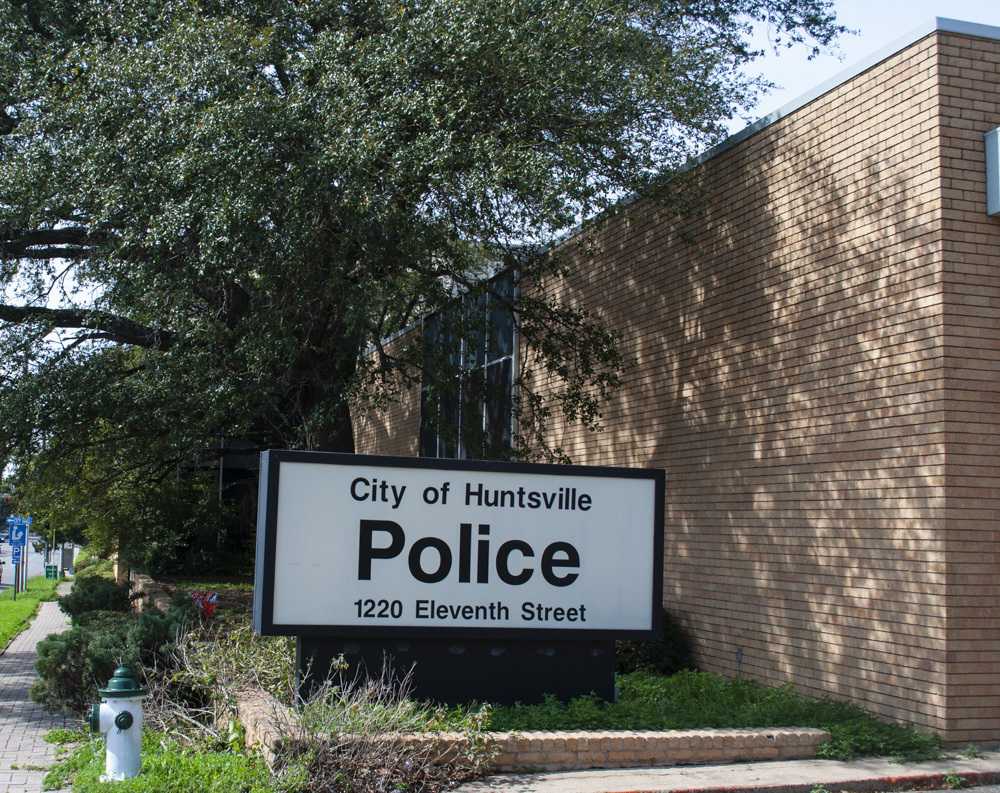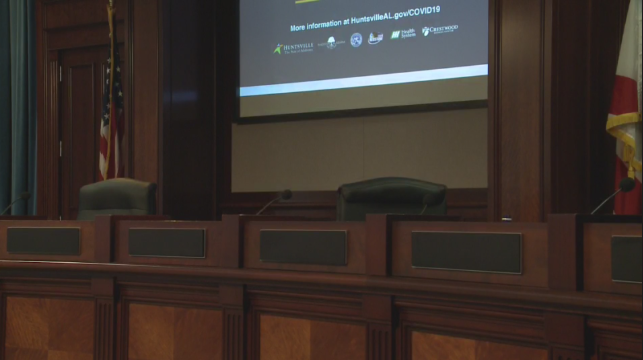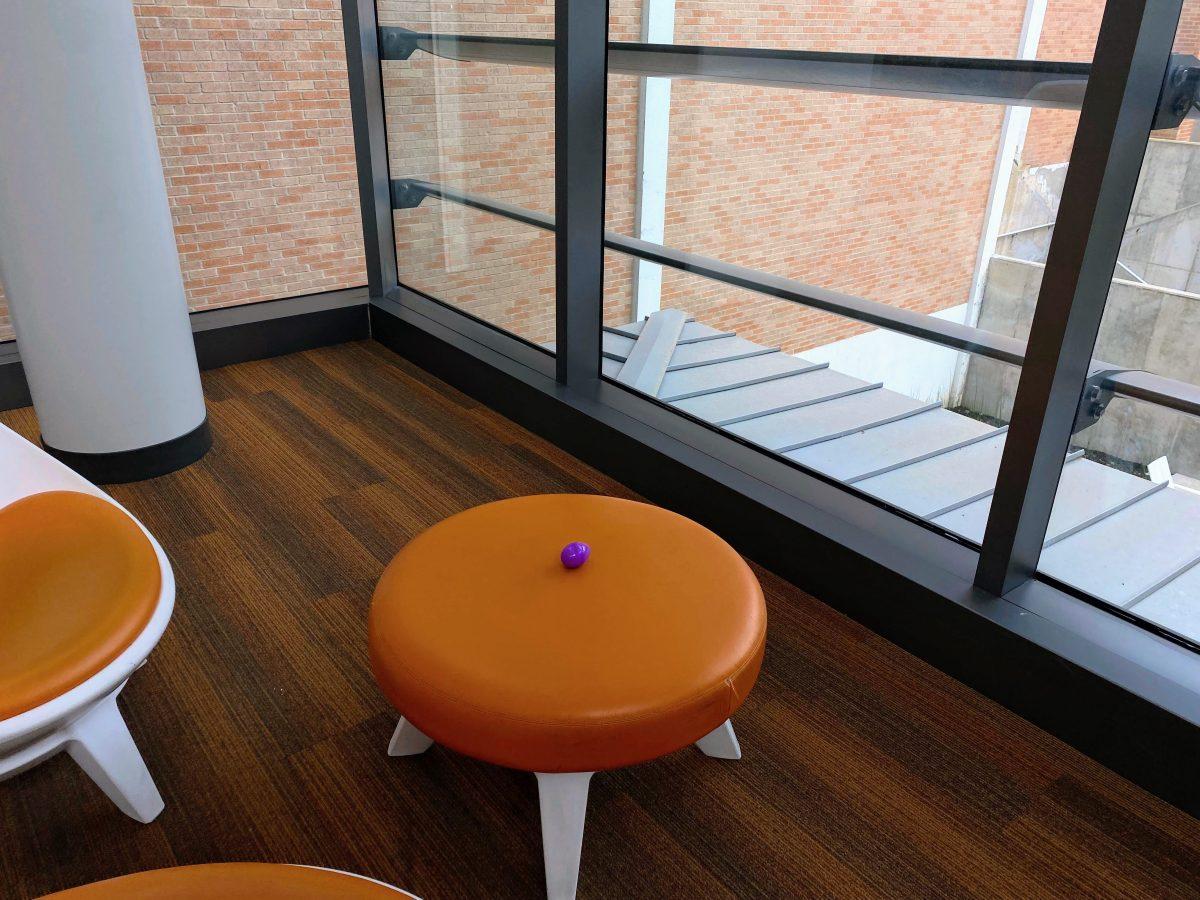In 2016, Sam Houston State University’s sexually transmitted infection (STI) rates among students made national news. According to the campus Student Health Center, the numbers have only fluctuated slightly since then.
It is important to note that the Student Health Center is a service offered to all enrolled students who have paid the medical services fee which allows them access to STI testing and education/prevention services. However, the center is not the sole provider of this type of service for SHSU students as other avenues of testing and treatment are available through primary care physicians and the state health department. As a result, statistics cited by the Student Health Center are not an exact representation of the prevalence of STI cases in SHSU’s student body.
the Student Health Center are not an exact representation of the prevalence of STI cases in SHSU’s student body.
According to the Student Health Center, in 2014-15 1,159 students were tested for STI’s.18.6 percent (220) of those students tested positive for Gonorrhea or Chlamydia.
From 2015-16, 20.6 percent of students tested positive: more specifically, 261 out of 1,265.
“Due to STD (sexually transmitted diseases) awareness programs, testing increased by 106 students in the academic year 2015-16,” Associate Director of Communications Emily Binetti said.
Between 2016-17, STI testing participation decreased by six students and positive results decreased by 14, resulting in 19.6 percent positive test results.
The Centers for Disease Control and Prevention (CDC) estimates that youth ages 15-24 make up just over 25 percent of the sexually active population, but account for half of the 20 million new STIs that occur in the United States each year.
According to the Student Health Center and Office of Health Promotion, their mission is to provide convenient and accessible services of testing, sexual health education and protection methods.
Each semester, the Student Health Center and Office of Health Promotion partner with the local Departments of State Health Services office to host a G.Y.T. (Get Yourself Tested) event on campus that provides students with free testing and education on “[knowing] your status.”
“This event continues to grow each semester and shows positive outcomes of increased participation and very low positive test result rates,” Binetti said. “In the past several semesters, participation has gone from 176 students in Fall 2016 to 365 students in Fall 2017.”
Condoms are now available in residence hall vending machines, as part of a recent initiative effective May 2017.
“This effort was brought forth due to student feedback that requesting condoms at the Health Center or going to a local store to purchase them can often be uncomfortable and inconvenient based on hours of operation,” Binetti said.
With the addition of condoms in vending machines, students now have easy access to a prevention method that is about 88 percent effective with typical use for STI prevention.
“Sales indicate that this is a resource that our student population is utilizing,” Binetti said.
The Student Health Center offers daily appointment reservations available in both the morning and afternoon Monday through Friday specifically for STI testing and education. The center has a dedicated Women’s Health Center to also provide education on birth control options and prevention methods. In both the Student Health Center pharmacy and clinic locations, students may request and receive (free of charge) both male and female condoms.

















